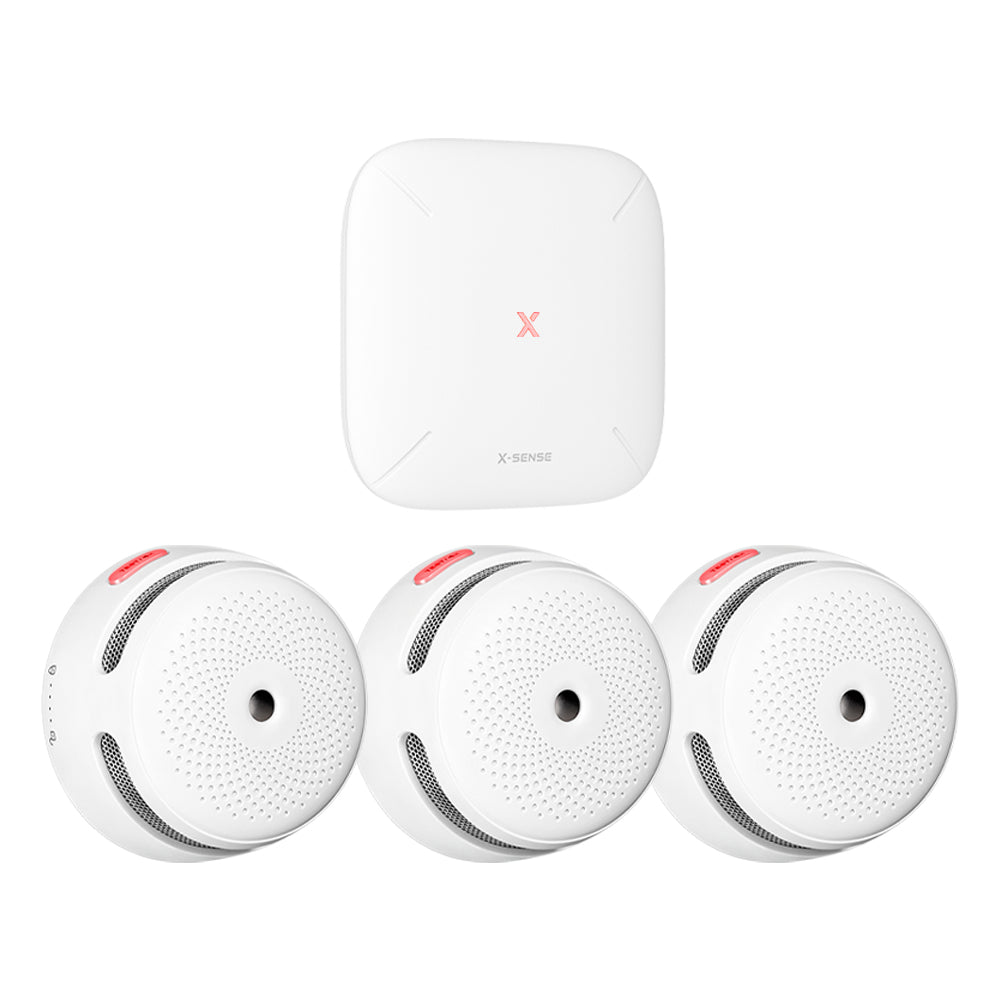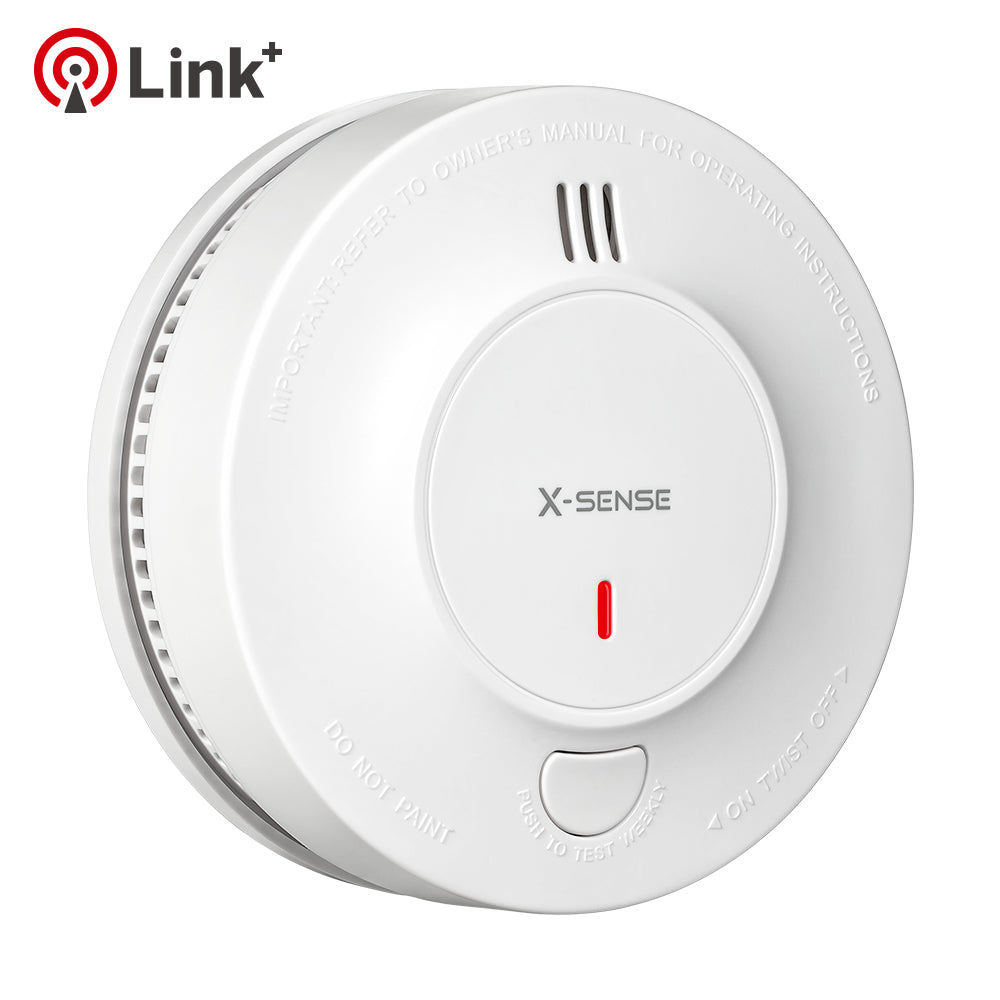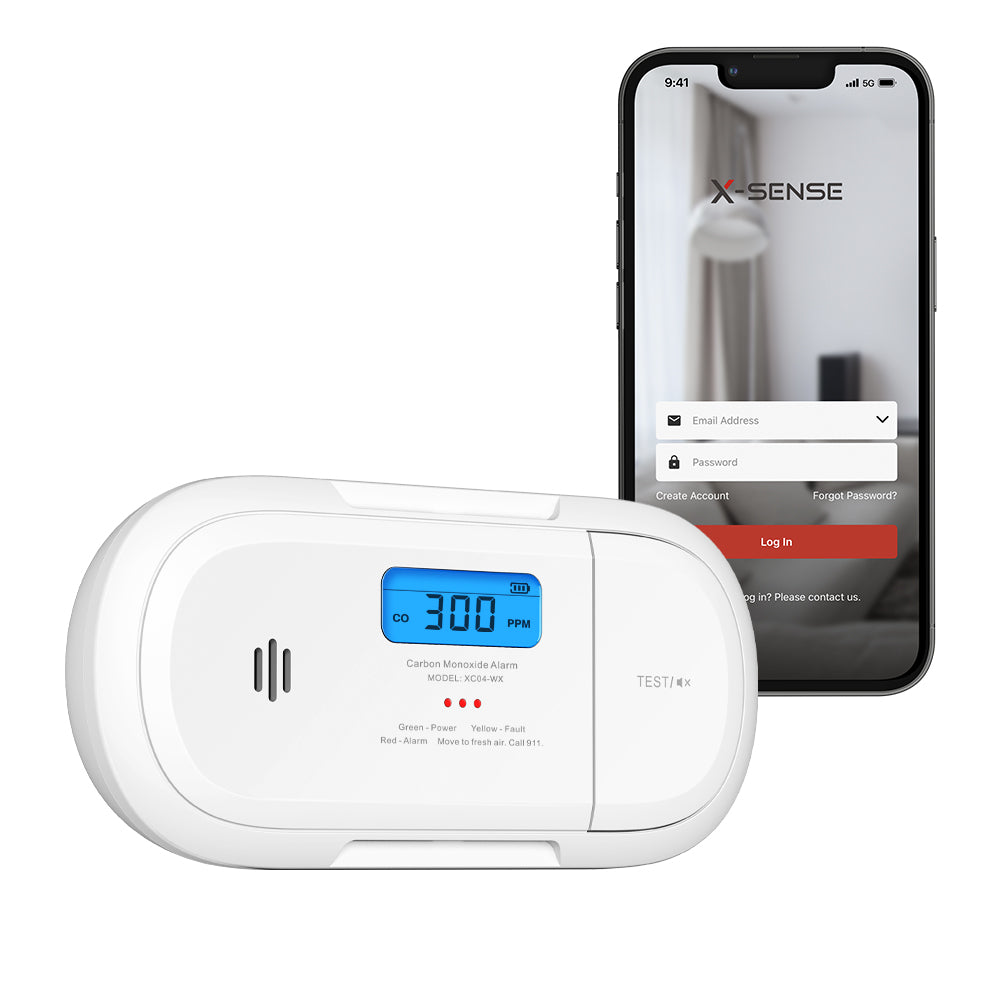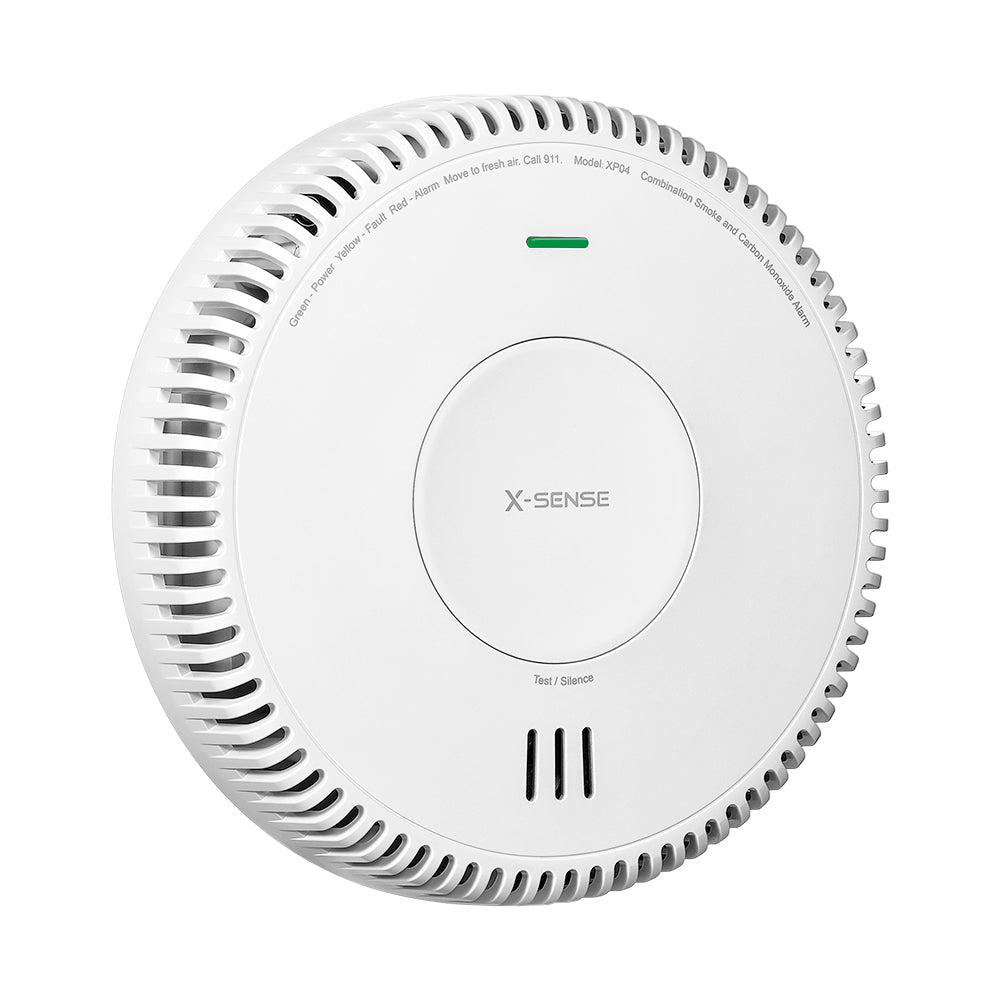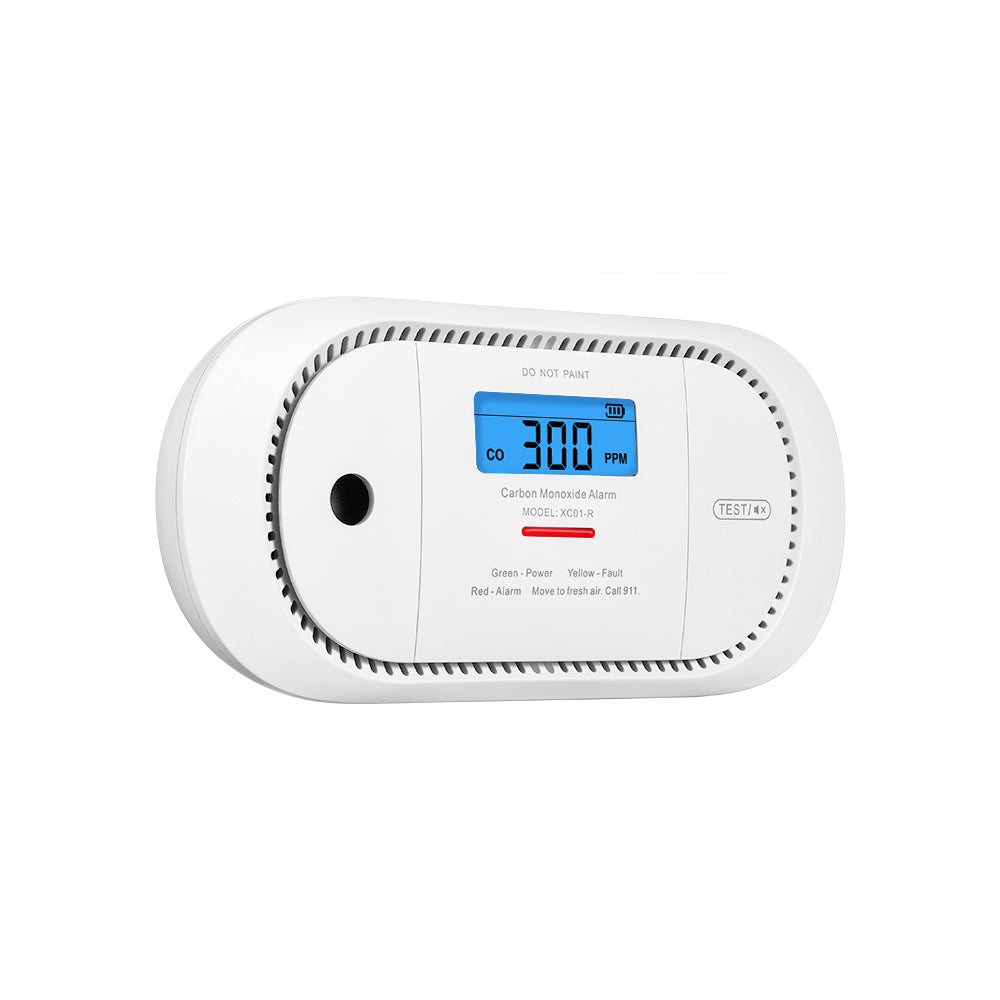All about Monitored Smoke Detector
Wed, May 26, 2021
Living spaces & workspaces can include various tools, items & materials that can cause or accelerate fires. Identifying a fire during its early stages with the help of an advanced & monitored fire alarm can prevent extreme fire incidents.
The robust nature of a fire alarm monitoring system protects from fire, floods & dangerous smoke emissions. Homeowners can count on the dependability of the system for high-quality fire protection.
As an integral part of any home security system, the monitored smoke detector alerts the homeowner and the local command center. This system provides for swift action towards bringing any untoward situation under control.
What Is a Monitored Smoke Detector?
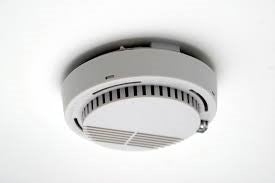
A monitored smoke detector is a device that is integrated with a larger home or office monitoring system for protection against untoward incidents & fires. The essential standpoint of a monitored smoke detector is that it is connected to a control & command center responsible for safety response in case of any fire.
The device also provides a location feature allowing firefighters & the owners to identify the room, area, or exact location of the fire. This protocol provides for a relatively more straightforward troubleshooting process post-incident.
How Do Monitored Smoke Detectors Work?
Photoelectric or ionization system-based sensors are vital components of monitored smoke detectors. The sensors enable fire detection at a relatively early stage. Both methods are categorized based on how they identify the fire in any given location. Based on the site’s exposure to specific fire causes, individuals can choose the best suitable option.
Photoelectric systems & detectors use a beam of light emitted from a LED, which is further detected using a photocell. This detector sends out an alert when smoke is seen in the pathway of light. These are preferred for areas with high ceilings that are prone to slow, smoldering & smoky fires.
On the other hand, ionization detectors use ionizing radiation. The ionization process inside the alarm generates a small circle of electric current. When the electric current in the device is disrupted due to smoke, an alert is sent out. Ionization-based detectors are suitable for residential & office spaces with highly combustible materials, which result in fast flaming fires.
Once the smoke has been detected by the alarm system, a loud & audible sound is created by the monitored smoke detector as a signal asking residents to evacuate immediately. During this period, a mobile alert is sent to the owner’s mobile device, informing them of the situation at the premise. This alert also asks for confirmation from the owner.

Upon due confirmation or lack of response, an alert is sent to the local fire safety station. This response time provides users with sufficient time to evacuate with essential documents & belongings instead of using the same time to try & put out the fire.
As the fire department receives the alert, a team is dispatched to arrive at the required location. The team is equipped with the skills & tools to douse any fire based on the cause efficiently. In cases where the property owner is not reachable, the fire department reaches out to a list of emergency contacts of the owner.
The protocol followed prevents loss & damage of property & lives to a great extent. This process makes a monitored smoke detector a highly preferred option for commercial & non-commercial spaces.
Does a Fire Alarm Need to Be Monitored?
No, a fire alarm does not need to be monitored. It has been reported that, in most cases of a fire resulting in loss of property, the individuals could have avoided the loss with better alert & monitoring systems.
Traditional fire alarms alert only the property residents or owners. However, in situations where neither is present, the fire or hazard can escalate beyond measure. Monitored fire alarm systems can protect the property in the absence of individuals as well.
By relying entirely on a traditional fire alarm, the safety of the property is mainly dependent on the people on the ground. Sometimes, individuals may not be aware of the best course of action to combat the initial signs. A monitored fire alarm system can eliminate this risk & much more.
Smoke Detectors vs. Monitored Smoke Detectors
Let us look at critical differentiators between smoke detectors & monitored smoke detectors:
- For grilling safety, do not use flammable liquids to start the fire. It is also not recommended to throw easily burning papers, as they can easily blow away in the wind and start a fire.
- Post Incident Troubleshooting: In the case of smoke detectors, a fire safety team has to spend more time identifying the cause of the fire & the location of origin. This process can be highly time-intensive, with results based entirely on trial & error. This process makes the accuracy relatively questionable. A monitored smoke detector informs the fire safety department of the fire, its location & the cause, thereby saving time.
- Alert System: A traditional 120V smoke detector detects an anomaly & alerts the property owners. The owners may or may not be in the proper condition to implement evacuation & safety measures. The monitored smoke detector ensures that an alert is sent to the property owner and the control & command system of the local fire safety department.
- Backup & Battery: If a monitored smoke detector loses power, an alert is sent to the control & command team. However, when a traditional smoke detector loses power due to low battery, no prior information is provided to the property owners or necessary professionals. This alert mechanism exposes individuals & their property to greater risk.

X-Sense XS01-WT Wi-Fi Smoke Detector
- You’ll receive a real-time notification on your smartphone whenever an alarm sounds.
- Continuously checks its battery status and Wi-Fi connection.
- Allows you to silence any annoying alarms via the app.
- Upgraded photoelectric sensor significantly increases the alarm’s sensitivity.
- Easy to install the smoke alarm and connect it to Wi-Fi in a few minutes.
$39.99 $45.99
How Much Does a Monitored Fire Alarm System Cost?
One can purchase a monitored fire alarm system for commercial & non-commercial spaces for prices as low as $25 to $160. The fire alarm system includes 24/7 monitoring, replacement services & much more. The costs alter based on the packages & services provided. Homeowners & office owners can choose from a wide range of packages that best suit their day-to-day requirements. Users are also advised to check with insurance companies to know more about the accepted monitored fire alarm systems under policies.

Fires & other untoward incidents are preventable at home & workspaces, provided suitable precautionary measures are implemented. Research suggests that 50% of fires can be prevented with the installation of traditional fire alarm systems. The rate of prevention of fires further increases in the case of monitored fire alarm systems. Make the right choice towards the proper safety practices & prevention devices for the safety of your home, office & community.
You may also like:




